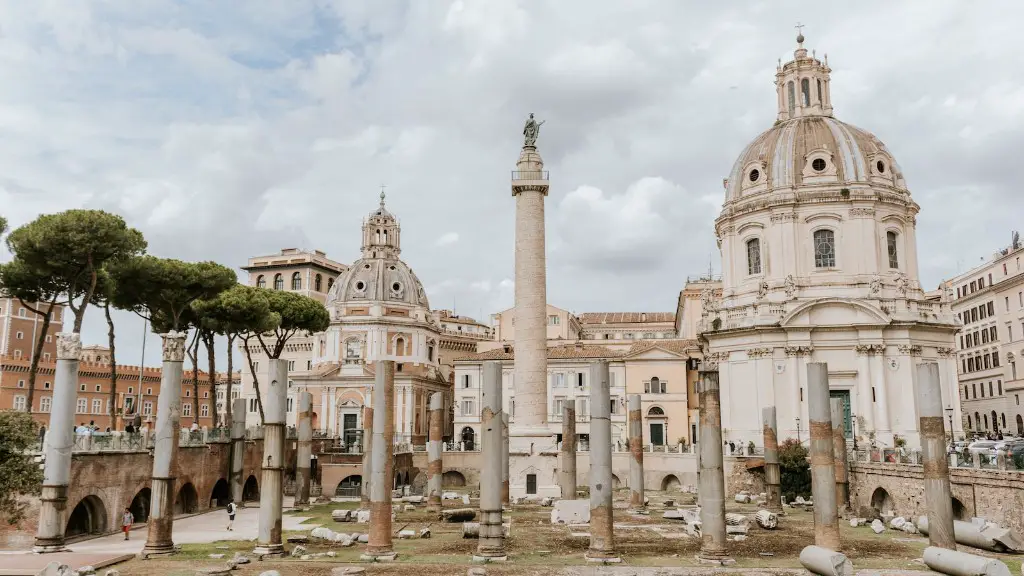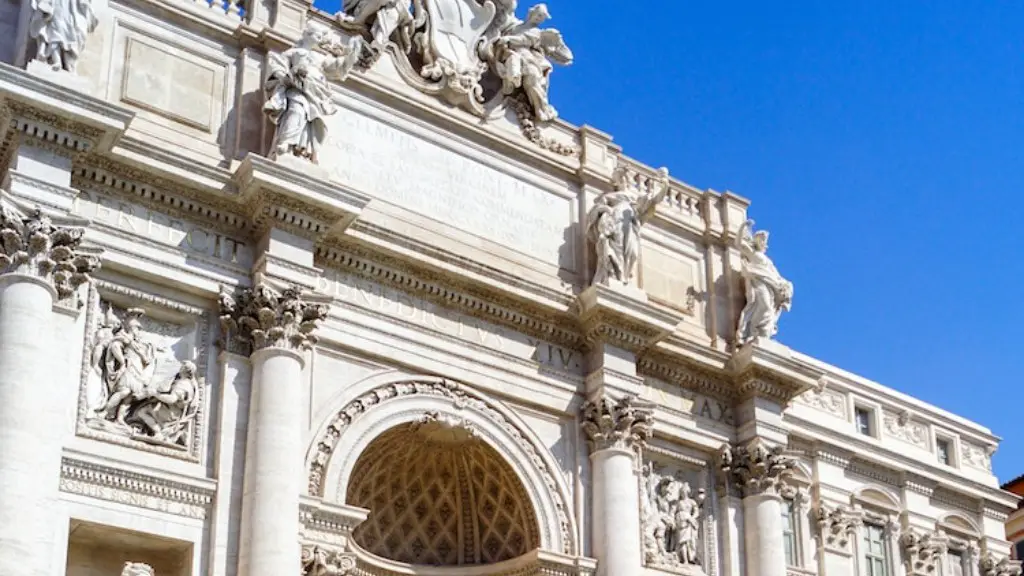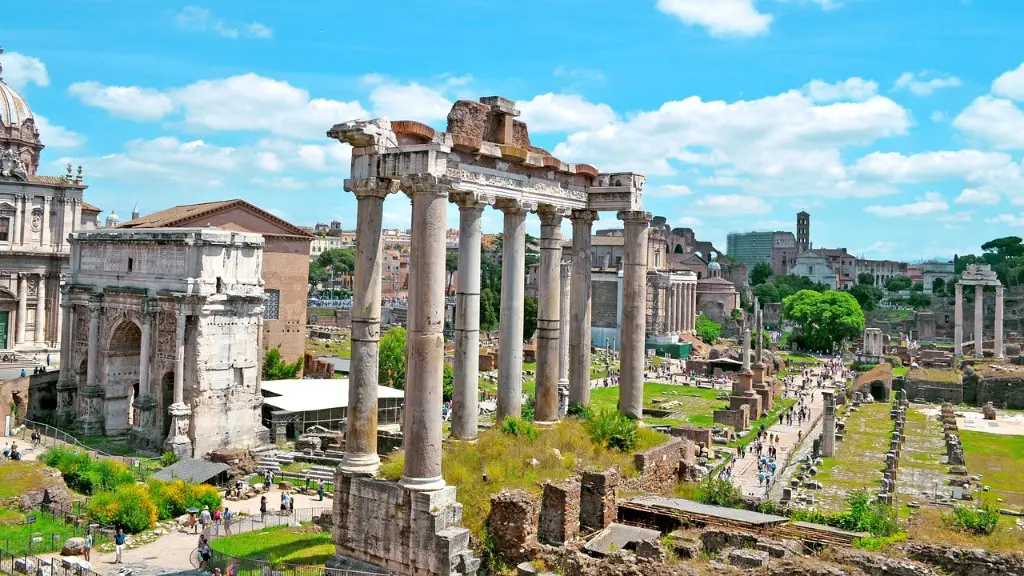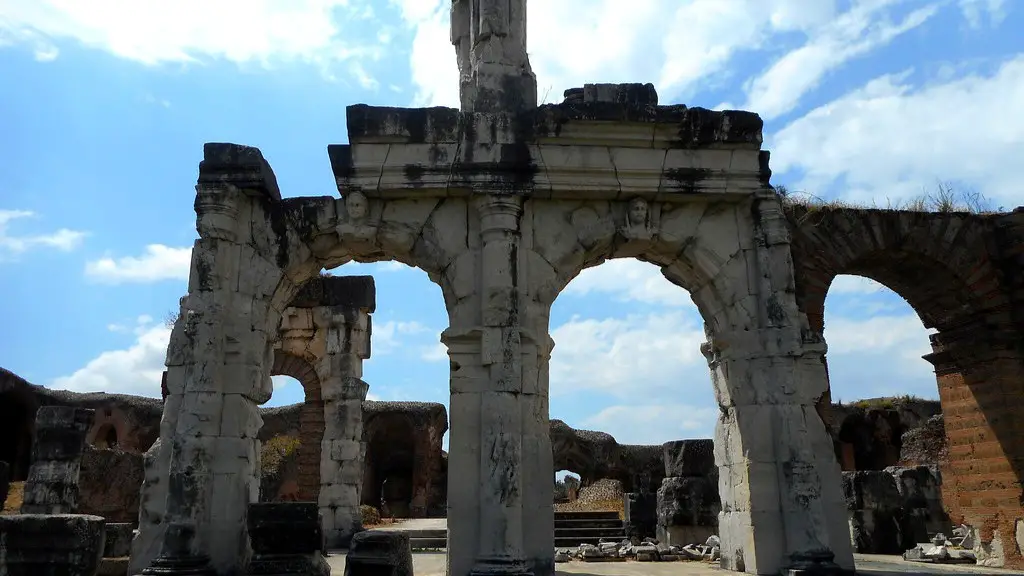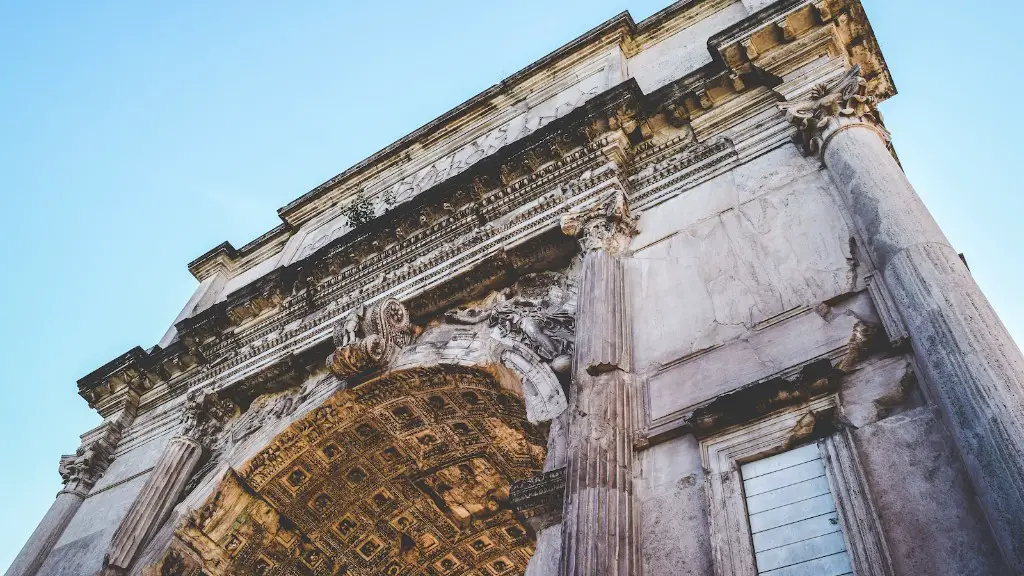The Roman Republic of Ancient Rome would have never been possible without the people’s right to vote. Throughout the centuries, the Roman people were granted the freedom to choose and elect their representatives from a wide array of socio-economic and cultural backgrounds and provide themselves with a variety of new opportunities.
At first, citizens of Ancient Rome were granted the right to vote for the election of the two most powerful Magistrates: the Consuls. Two men were to be chosen from the Patrician noble class and serve in the government for a period of one year; the consuls had their own veto power and the power to propose and approve laws or to call for a public assembly for the people to make their opinion heard.
In centuries that followed, voting rights extended beyond the Consuls, allowing citizens to elect other members of the government such as the plebeian tribunes, the plebeian aediles and the Quaestors. Furthermore, in 449 BC, senators were allowed to elect the censorines – a powerful office of the Roman government which could be filled by non patricians.
The people of Ancient Rome also had the right to vote in plebiscites, which were public votes held to decide on important matters such as war policy, new laws and decrees, or changes to the existing constitution. Finally, the people could also vote in the Centuriate assembly, a smaller body composed of the wealthiest citizens of Rome, who could veto any decision made by the larger assembly of citizens called the Conciliary Assembly.
Moreover, every citizen was granted equal voting rights in the Assembly – regardless of their social class, gender, or wealth. This was in stark contrast to many other civilizations of the time, where only the upper classes could vote and participate in the electoral process.
In spite of this, one important caveat existed: not all citizens could vote. The oldest mature men among the socially privileged classes were allowed to cast their ballots, while women and children, slaves and foreigners, were prohibited from participating – no matter their age or wealth. It is estimated that only about one sixth of the population of Ancient Rome was eligible to vote.
Who Were The Voters
In Ancient Rome, only the male citizens of certain social classes were allowed to vote. These males were called the Capite Catalos, which translates to “the head of a family or estate”. The Capite Catalos were made up of the freeborn adult citizens of Rome, and included those who had a minimum property qualification and the right to serve in the military.
To become a member of the Capite Catalos, a man had to be at least 20 years of age and fulfill certain requirements such as owning property or being a freeborn Roman citizen. If a man had served in the army, he was automatically eligible to become a Capite Catalos. Even if a man fulfilled all of these requirements, he could still be disqualified from voting if his loyalty to the Republic was questioned.
Only men who were members of the Capite Catalos were legally allowed to vote in the Roman Republic. Other groups, such as women, slaves, and foreign citizens, were excluded from voting and were not considered members of the Republic.
Consequences Of Being A Voter
The voting rights of the people of Ancient Rome were a source of great power for the Republic and its citizens. Not only did it give them a say in the election of their representatives, but it gave them a voice in the government’s decision-making process. However, there were also consequences to having these rights. For example, voters in Ancient Rome could be held accountable for their decisions and held liable for any actions taken by the Republic.
Additionally, citizens who voted had a legal obligation to show up to public assemblies and cast their votes, and were subject to punishment or fines for not doing so. Thus, voting in Ancient Rome was a powerful but also risky privilege.
Other Conditions To Voting
Another condition to voting in Ancient Rome was the requirement of registering to vote before an election. Every Roman citizen was required to register with the censors in order to be able to vote. However, the requirements to register changed over time. Originally, a citizen was required to have an estate worth 400,000 to register, but this was later reduced to 50,000 and then again to 10,000. This effectively opened up the voting process to more people, increasing the size of the voting population and thus creating a more representative electoral system.
In addition to registration, voting in Ancient Rome also required citizens to take an oath to defend the Republic and abide by its laws. This way, election results were more representative of the people’s voice and the government was able to ensure that the citizens were not participating in the election process in bad faith.
The Legacy Of Voting Rights
The legacy of Ancient Rome’s voting rights can be seen in our modern world. It was the first civilization in history to provide voting rights to its citizens, and this had a significant impact on the development of democratic societies. Furthermore, Ancient Rome was also one of the first civilizations to recognize that not every citizen should be able to vote, and to make certain restrictions to ensure that only those with a true stake in the Republic could participate in the election process.
In conclusion, voting in Ancient Rome was a privilege that provided the citizens with a say in the affairs of the Republic and shaped the way voting rights are viewed and handled in modern society. It is no coincidence that the world’s first democracy, the United States of America, has greatly been inspired by the structure of the Roman Republic.
How Did Voting Take Place?
Voting in Ancient Rome took place in a public assembly known as the Centuriate Assembly. This assembly was responsible for electing magistrates, plebeian aediles, plebeian tribunes, and censorines. The assembly was split into 193 groups that were organized by the wealth of the voters, known as “centuries”. Each century voted as a unit and their votes were counted in order to decide the result of the election.
The members of the assembly had to cast their votes by either raising their hand or shouting their affirmation out loud, a manner which was very similar to modern day elections. Additionally, there was a distinction between the votes of the wealthier citizens and the less wealthy citizens; the wealthier citizens were known as “the First Class” and their votes were considered to be more valuable than the votes of “the Second Class”.
In conclusion, the process of voting in Ancient Rome was very similar to the democratic processes found in modern society. The only difference between these two systems is that in Ancient Rome the wealthy citizens were given more power than the less wealthy citizens.
How Was Voting Abused?
The elections in Ancient Rome were not immune to corruption and abuse. Wealthy citizens would often use their influence and money to buy votes or to influence the way the results were interpreted. Furthermore, bribery and blackmail were common methods of acquiring votes and securing one’s candidacy.
In addition, members of the government could interfere with the voting process by preventing certain people from casting their votes or influencing the electorate. The practice of manipulating the electoral process was so widespread that it earned the name “ambitus” and was severely punished, but it continued to occur in the Roman Republic until it was eventually abolished.
In conclusion, voting in Ancient Rome carried a risk of corruption and abuse as many powerful citizens sought to use their influence to gain political power. In order to combat this problem, the Roman Republic implemented several laws and penalties to dissuade people from using unfair methods to win elections.
What Are The Consequences Of Voting?
The ability to vote in Ancient Rome had both positive and negative consequences. On the one hand, it allowed the citizens to have their voices heard and helped to create a more representative government. On the other hand, it also opened the door to corruption and manipulation as powerful citizens sought to gain political power.
Furthermore, voting came with legal obligations. Citizens who had the right to vote were legally obligated to show up to public assemblies and vote, and if they failed to do so they could be fined or punished. There were also consequences for voting in bad faith, as those who participated in the electoral process with malicious intent could be held accountable and prosecuted.
In conclusion, the right to vote in Ancient Rome was a privilege that allowed the citizens to have their voice heard but also came with certain legal obligations and a risk of manipulation. As such, voting had both positive and negative consequences for the people of Ancient Rome.

